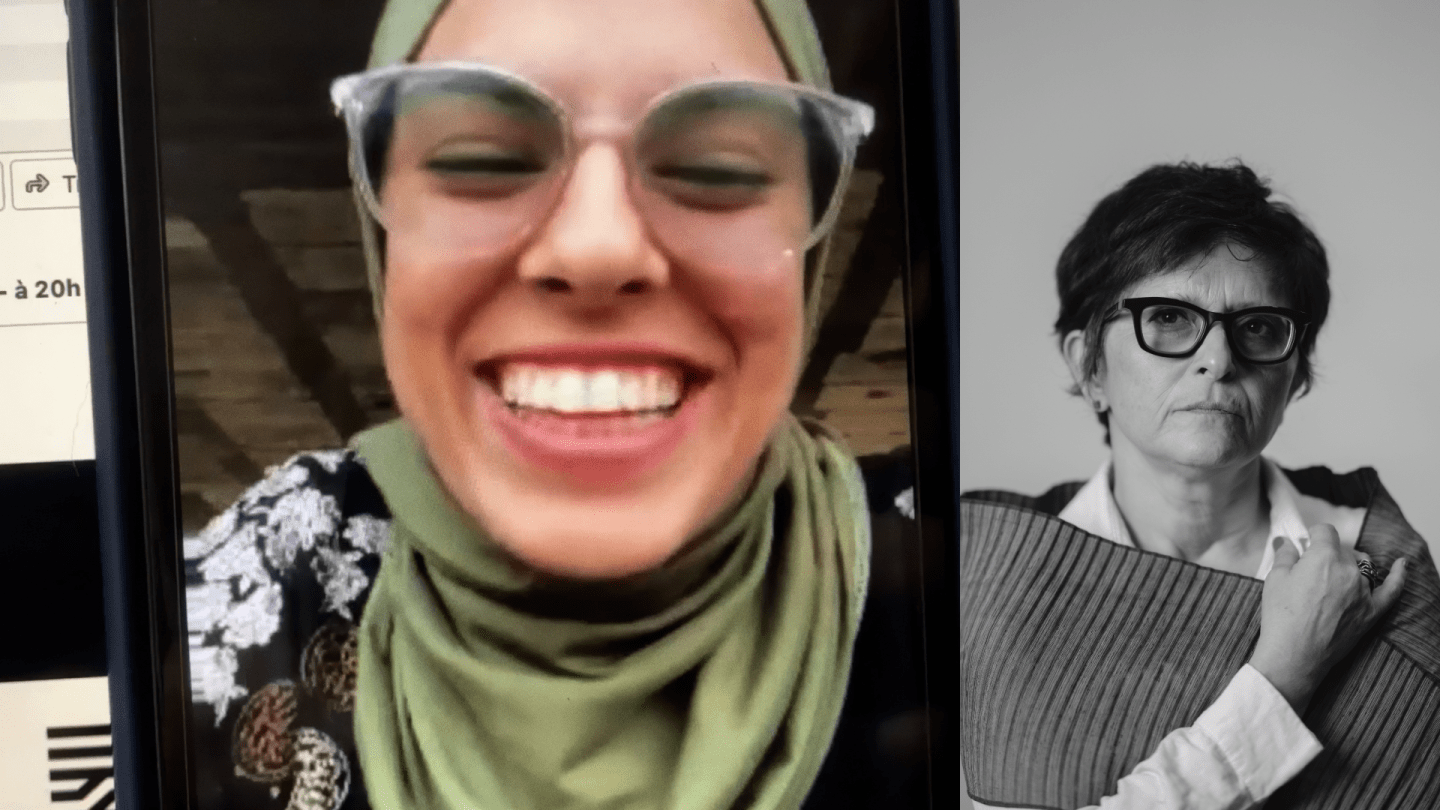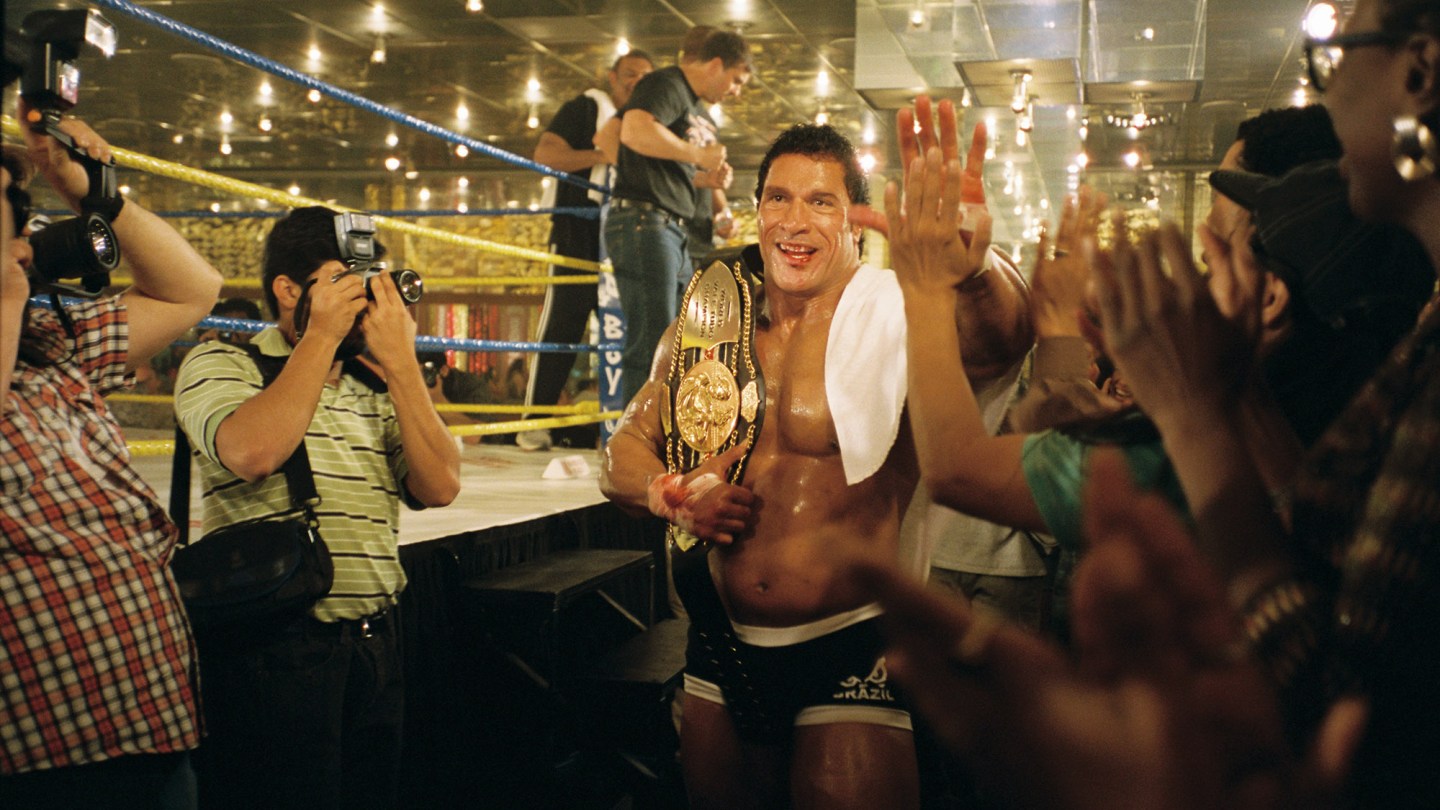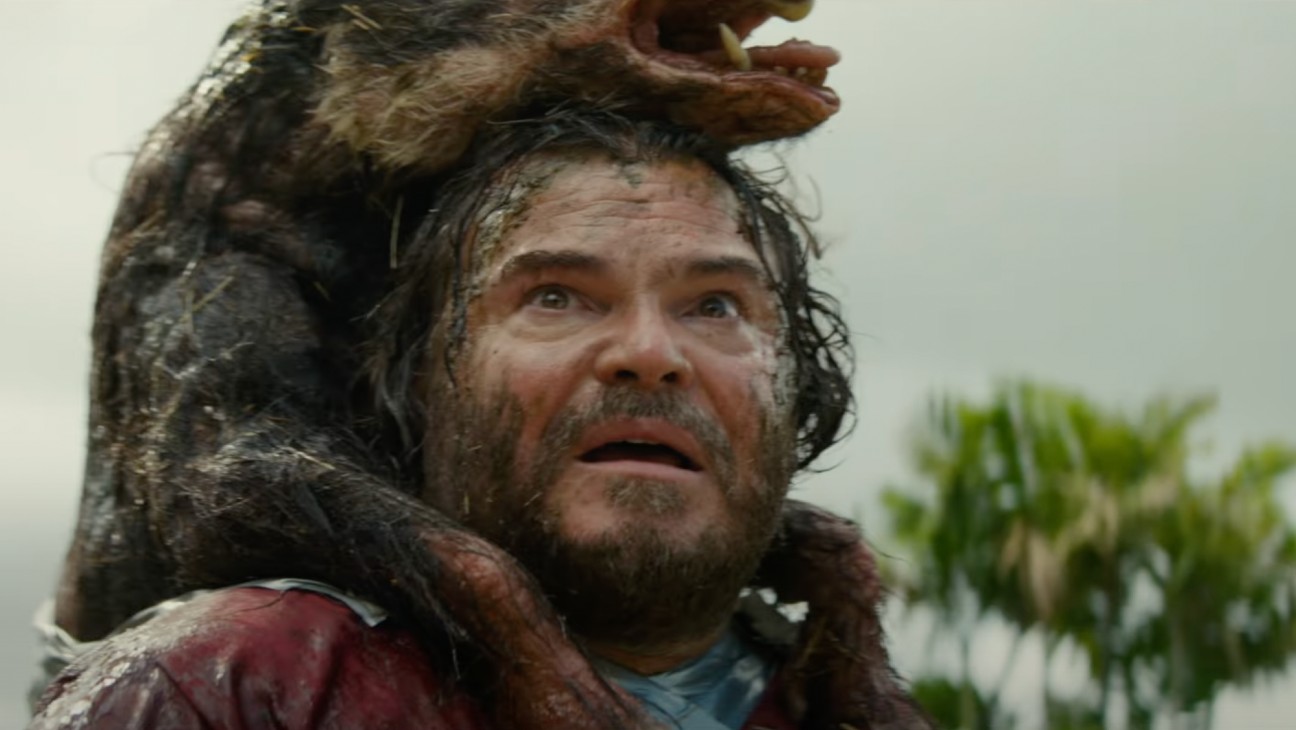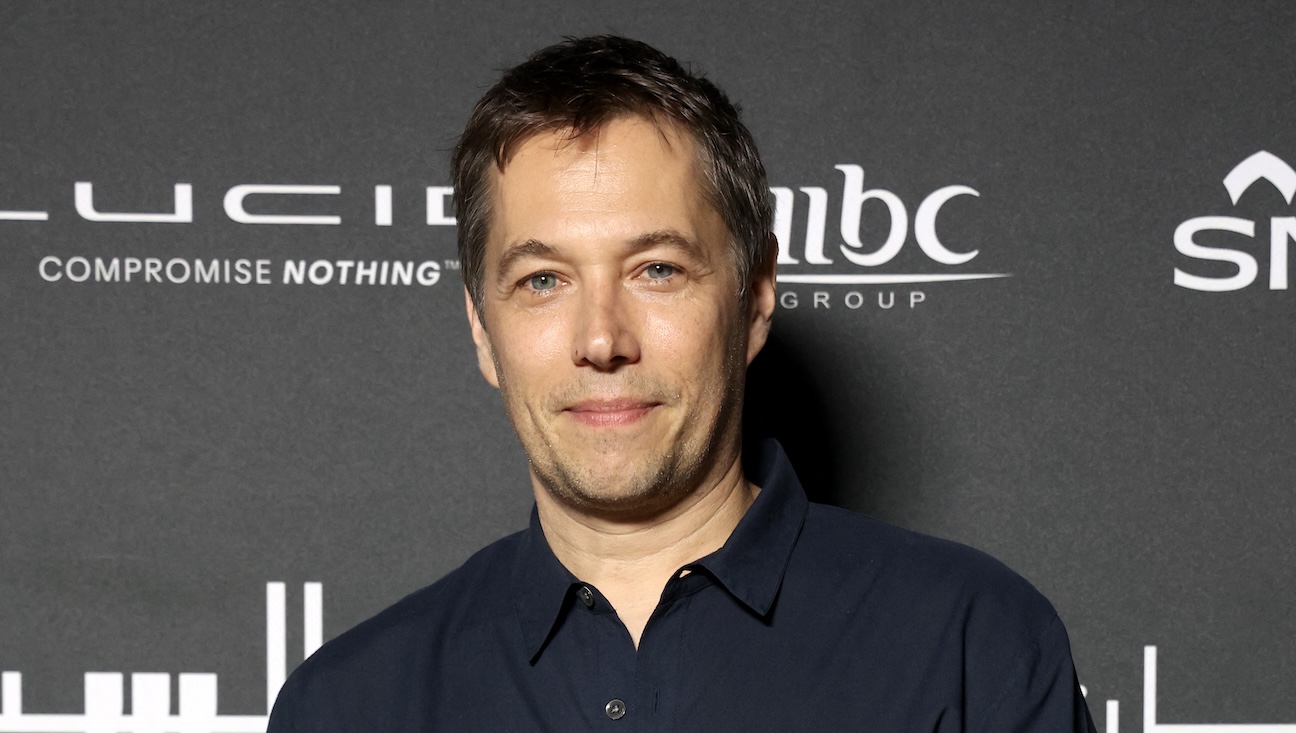With her Gaza documentary Put Your Soul on Your Hand and Walk, director Sepideh Farsi turned a year of shaky video calls into a searing, immediate portrait of life under bombardment — and an elegy for her on-screen collaborator, Palestinian photojournalist Fatma Hassona, who was killed in an Israeli airstrike on April 16, 2025, a day after the film’s Cannes selection was announced. Premiering May 15 in Cannes’ ACID sidebar, the France–Palestine–Iran co-production traces Farsi’s efforts to get closer to the conflict when borders made reporting impossible, and finds a singular, resilient voice in Hassona’s daily dispatches from Gaza.
Built around those calls — punctuated by Hassona’s own images — the film sidesteps the usual remove of war docs for something rawer and more intimate, the kind of testimony that has sparked emotional audience responses since Cannes and subsequent European outings.
Farsi’s film lands in North America — Kino Lorber started its domestic rollout this week with a bow at the IFC Center on Nov. 5 — as New York celebrates the election of its first Muslim mayor, the publicly pro-Palestinian Zohran Mamdani, and amid renewed debate over representation and responsibility in covering Gaza.
Farsi spoke to The Hollywood Reporter about reclaiming the Palestinian civilian voice, the challenges of bringing her film to international screens, and how the death of Fatma Hassona continues to shape her own understanding of what art can do in the face of ongoing tragedy.
What initially motivated you to make this film, and what did you hope to achieve?
I felt very uneasy after the initial October 7 attack. What followed quickly went beyond retaliation and was touching civilians in an unexpected, escalating way. Through weeks and months, I kept noticing one thing: I wasn’t hearing the Palestinian voice. I heard American, Israeli, European, Egyptian, and Qatari perspectives—but not Palestinian. I wanted to understand what it means to live under bombardment as a civilian. That became my focus.
As an Iranian, I’ve lived through others speaking about “our” experiences without asking us. It bothered me intellectually and emotionally. Touring with my animation film The Siren, I’d watch different channels in different cities and still others speaking for them. When I finally had time in April, I decided to go. I naively thought I could enter Gaza, which was impossible, but I’m stubborn. I wanted to get as close as I could and see what I could achieve.
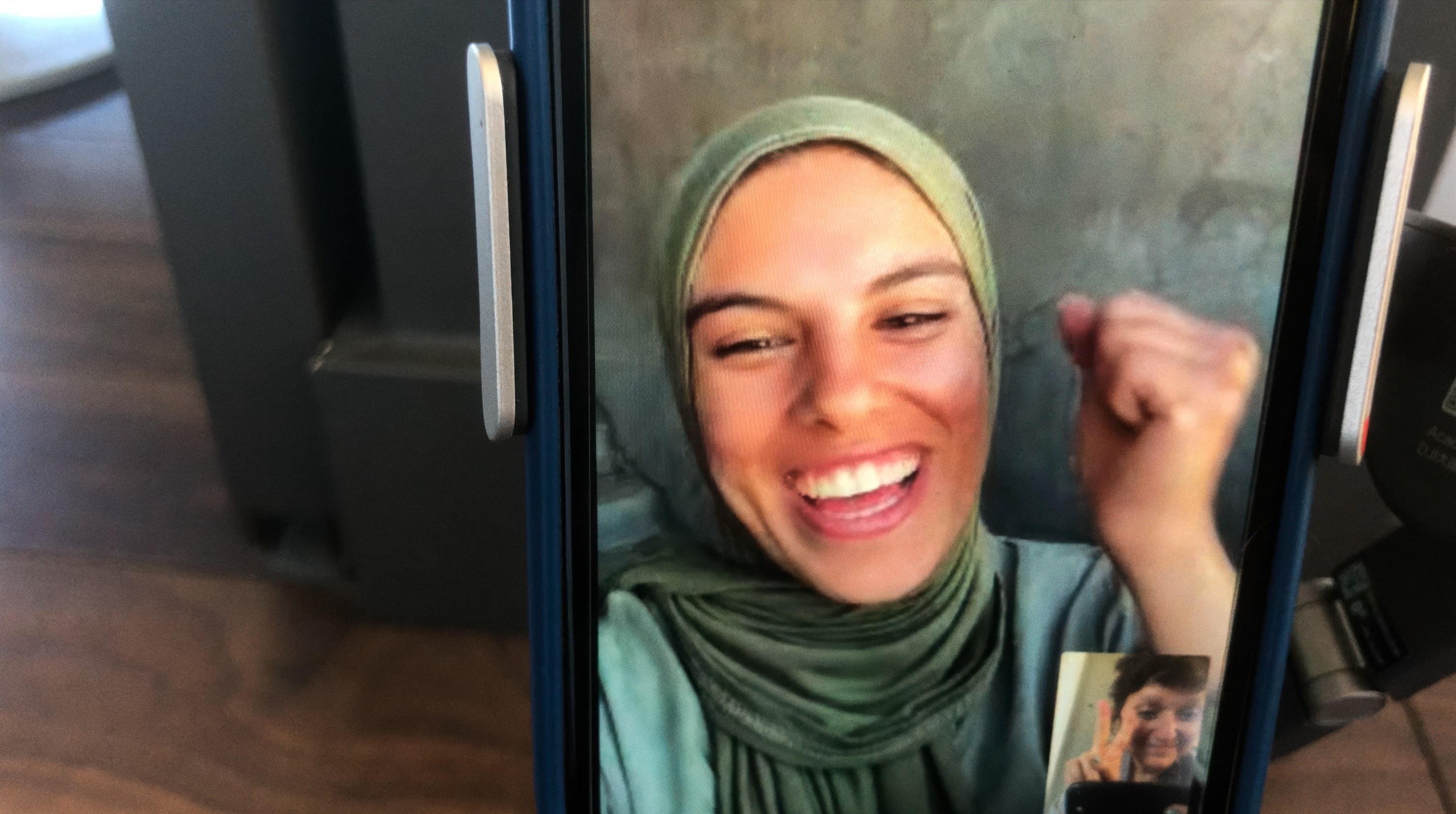
Has media coverage changed since you began the project?
A little. Very recently, you hear media and institutions tentatively address words like “genocide,” but it’s still shy, not structured. For months, even questioning what was happening seemed impossible. Everything done by the Israeli army was justified. Criticism is gaining momentum, but it’s not enough. The only Palestinians consistently heard are journalists who are then targeted. We know how many have been killed. So, yes, there’s been a shift, but it remains timid.
What has the audience response been like at early screenings?
Very emotional—lots of tears, gratitude, sorrow. One woman said she was enraged at herself and at all of us for being complicit by sitting and letting this happen. The film lets people connect directly to one story that represents many, and to feel how close we are to Palestinians. It opens a space for discussion after nearly two years when many felt silenced, out of fear of losing their jobs, or bans on speaking out. In a cinema, they can cry and talk. The variety of emotions is striking.
How has the industry reacted?
You never know in advance, but there were some open doors because of the precedent of [Oscar-winning documentary] No Other Land. Still, the landscape has changed. We sold to the United States—Kino Lorber—and to almost all of Europe, Australia, New Zealand, Japan, and Canada. The surprise is Germany: There’s been zero distribution interest so far, even though the film screened at the Hamburg Film Festival. Given the public and official reactions there, it doesn’t entirely surprise me, but it’s still strange when most other European territories are on board.
How do you see the gap between official positions and public opinion?
The discrepancy is huge. In Germany, public opinion and official positions are separating dramatically. In Israel, you now see public indignation toward the Netanyahu government’s politics at a scale that feels new. Of course, I wish protests were also against the genocide next door, not only the government’s treatment of its own citizens. But perhaps it’s a beginning.
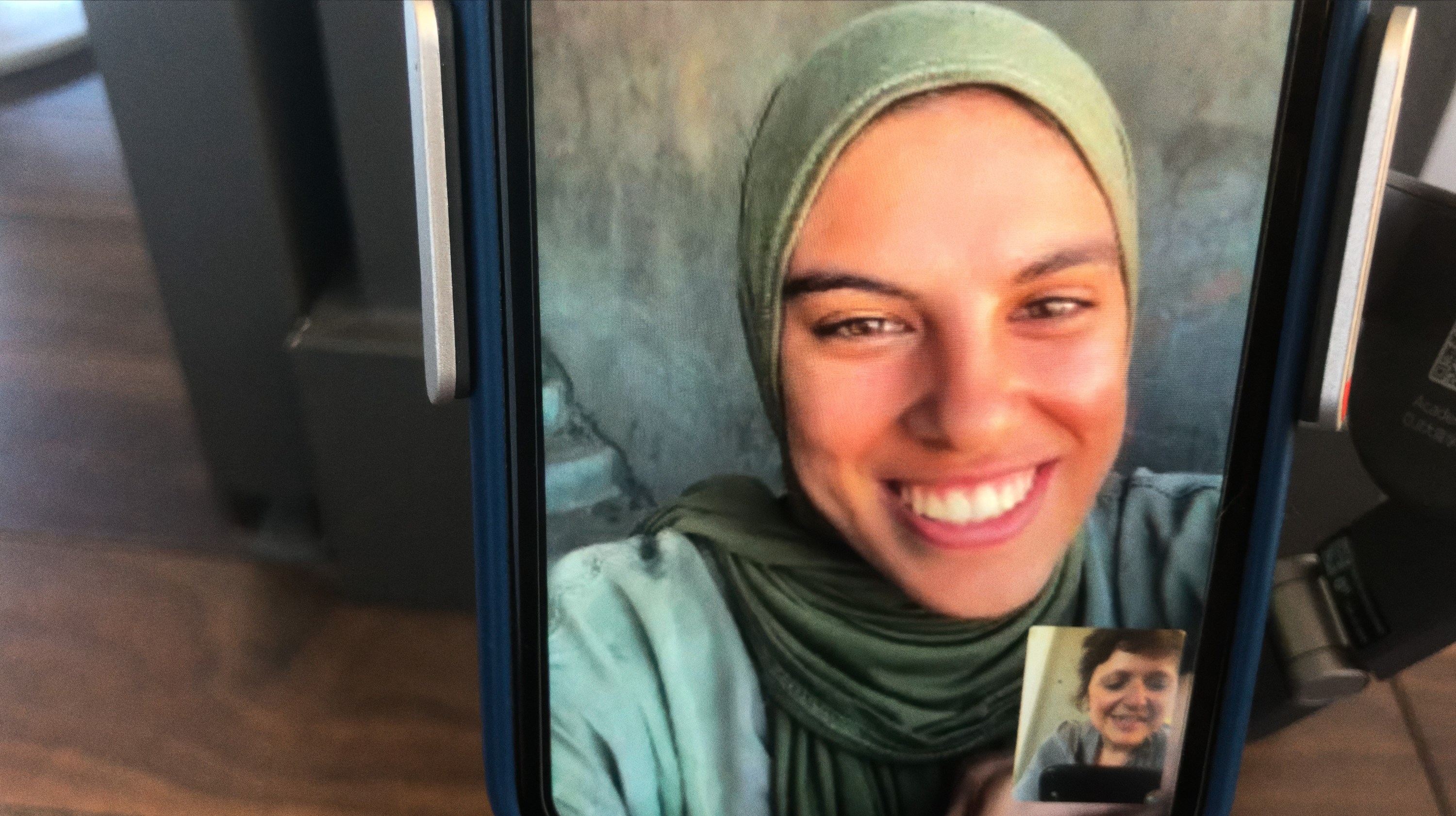
Fatima’s death occurred just after the film was finished and near Cannes. How did you learn, and how do you grapple with that loss?
I could never have imagined her being targeted. When I watch the film, she’s alive—the energy of her presence is so strong. We last spoke on April 15 and planned to talk on the 16th; she sent me documents for a possible visa. The next day, she couldn’t connect. Late afternoon, I assumed we’d try again on Wednesday. Then, while working, her photo popped up on my phone with a caption saying she’d been killed. I thought it was fake. Once before, a “Hastouna” family was targeted, but it was another family.
I called her, called friends. An hour later, a friend confirmed: the house had been hit. She was killed during the night of the 16th to 17th. I learned late morning on the 17th. When death happens far away and you don’t see the person, it’s very hard to believe. I know the details, I saw images of the building, I read the report, but it remains abstract and devastating. Every screening, there’s a moment when it hits me again.
Given the enormity of the situation in Gaza, what impact can a film have?
I’m ambivalent. On one level, the audience response has been enormous; the film opens space for conversation, especially among those already concerned about the genocide and Palestinian lives. People tell me it’s groundbreaking. Diplomats and ministers requested screenings. There was even an initiative to show it at the UN in New York before that conference was canceled.
But I’m disappointed, too. I hoped it would prompt more change at a governance level. Even ten films won’t move things if there’s no political will. Decision-makers know what’s happening; it’s not a lack of information. Maybe empathy is lacking, and for that, films can help. But understanding isn’t the issue. There is profit and ideology involved. If those in power wanted to change course, they could. That’s a hard conclusion to accept.
Other films on Gaza are premiering now. Does that give you any hope?
Yes, a little. Seeing films like The Voice of HindRajab coming to Venice, and others reaching large audiences, gives me some hope that these stories are being made and gaining attention in a way they might not have a year or two ago. It’s small compared to the horror outside, but it matters.
What did you take from Fatima personally?
Joy. An immense appetite for life. The depth of loss I feel is proportional to the joy she gave me. Her laughter, warmth, and her very fine way of looking at life. She wrote poetry and sent me texts; her writing was as strong as her photography, even though she felt photography was where she truly found herself. Her resilience was unique: like a child at times, and yet determined to document the genocide. That combination of grave purpose and simple, everyday desires was so human. I think it’s true of many young Palestinians who’ve been deprived for so long.
Did her attitude ever turn bitter or hateful in private moments you couldn’t include?
No. I never heard hatred. She had dignity, pride, and even forgiveness. People ask if I left things out that didn’t fit: I didn’t. All of it was genuine and positive. Some moments were more powerful than others, but nothing I felt needed to be censored.
With everything you’ve witnessed and lost, what remains with you now?
Fatima’s smile, her strength, her resilience—and the sense that films can still create spaces where people feel, speak, and connect. That matters. Whether it moves those in power is another question, but the human connection it creates is undeniable.

